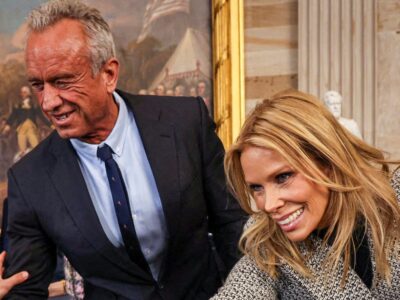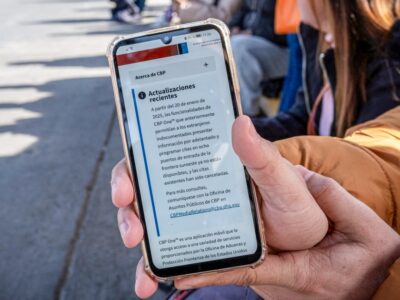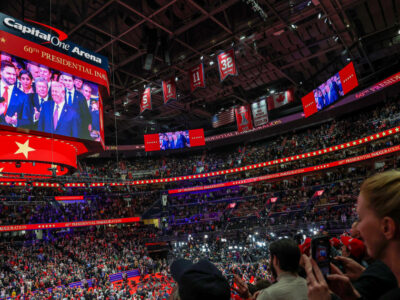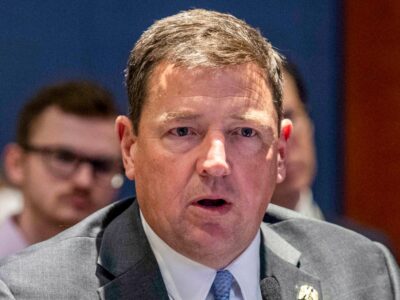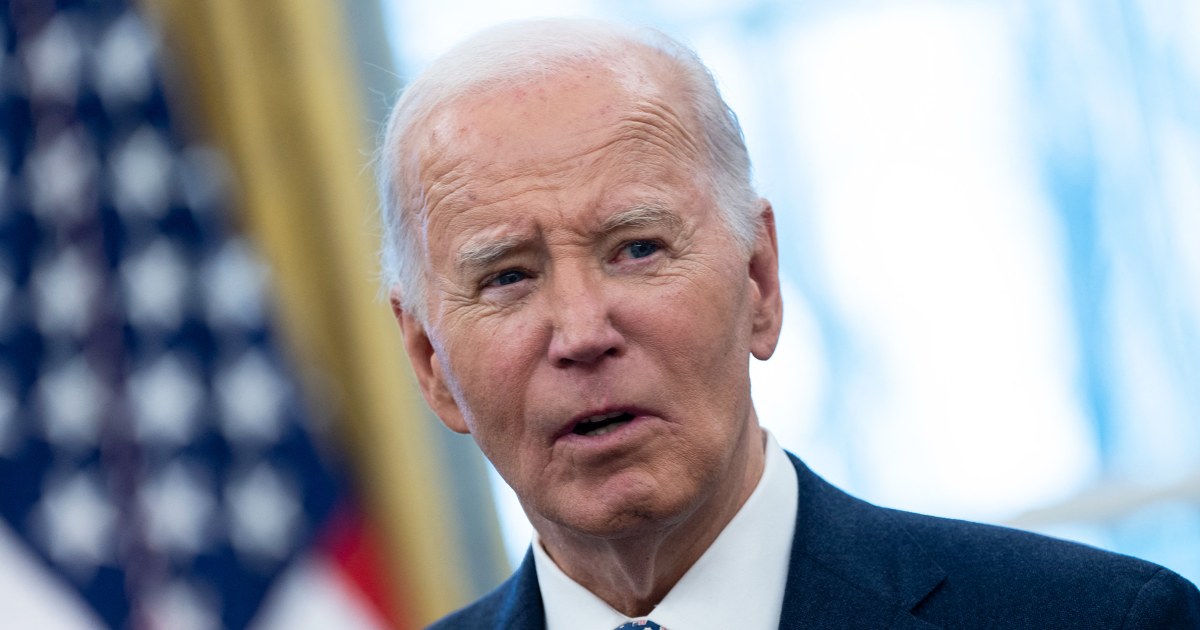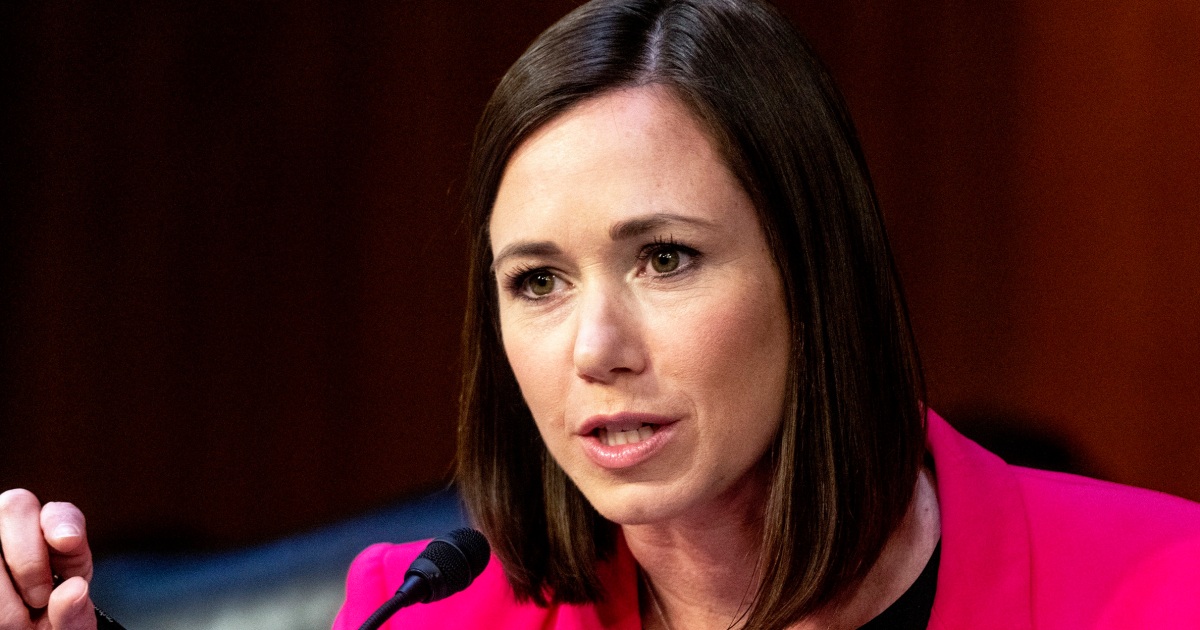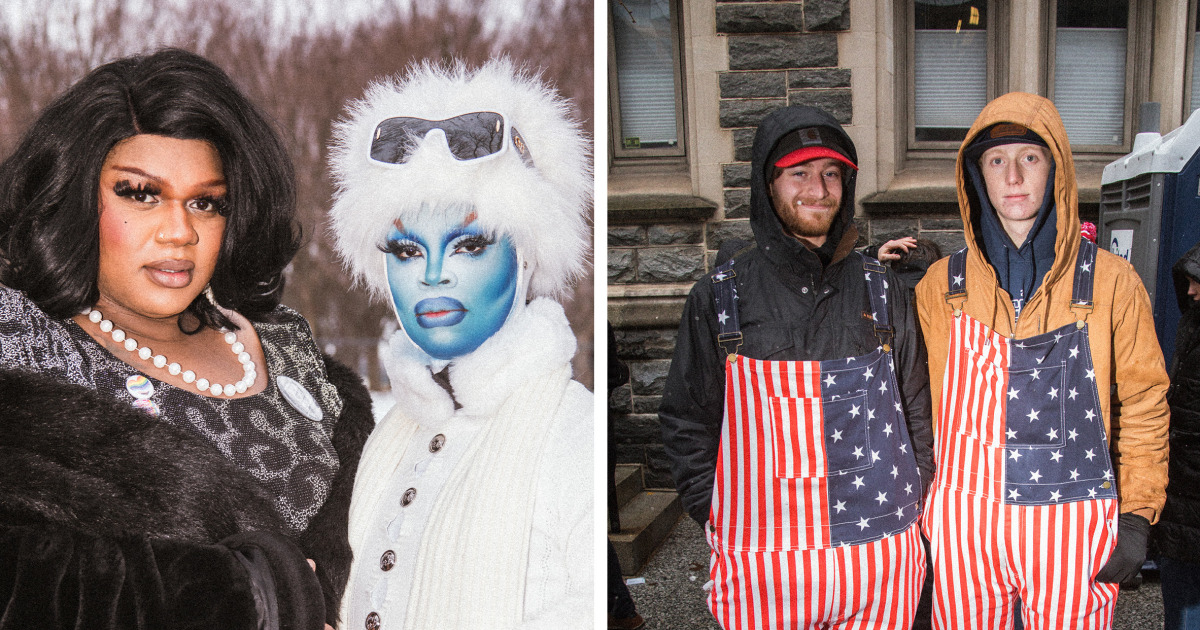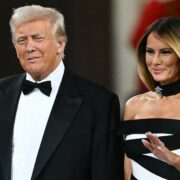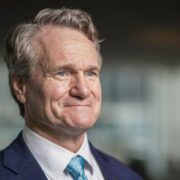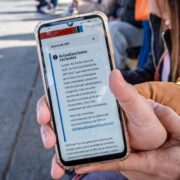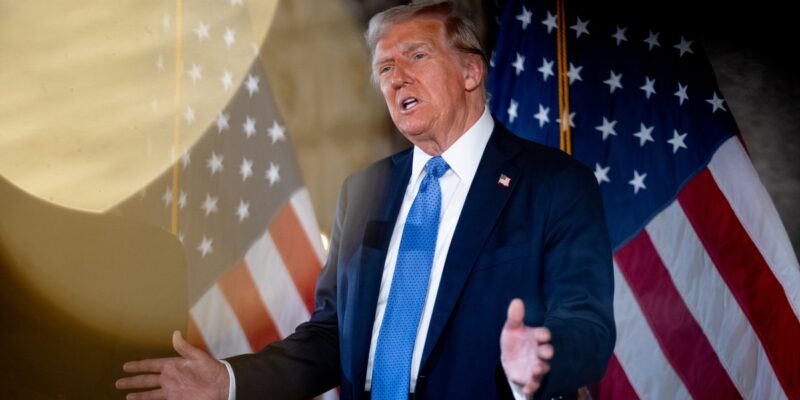
WASHINGTON — Donald Trump didn’t hide his disdain for the State Department in his first term, dismissing it as the “Deep State Department,” a nickname that implied a cabal of career diplomats were subverting his foreign policy goals.
In the new term that starts Monday, Trump may have come up with a workaround, empowering a series of special envoys whose main responsibilities are whatever missions he gives them to carry out.
The arrangement jibes with Trump’s larger goal of stocking important government jobs with people he deems loyal to his agenda.
But the fast-growing latticework of special envoys, ambassadors and foreign policy professionals creates the potential for duplication that may confuse foreign capitals about who’s really running things, critics contend.
In Britain alone, no fewer than three incoming officials may be able to rightly claim they have Trump’s ear or know his thinking.
There’s Marco Rubio, Trump’s nominee for secretary of state and onetime political rival; Warren Stephens, the billionaire investment banker nominated to be the ambassador; and Mark Burnett, the incoming special envoy who produced “The Apprentice,” the television show that amped up Trump’s celebrity.
“I’m mystified by the notion that you would have an ambassador to the United Kingdom and a special envoy to the United Kingdom. I just don’t see how that has anything but a disastrous result,” said Lewis Lukens, who was acting U.S. ambassador to Britain early in Trump’s first term and later served as deputy.
If foreign capitals perceive that Trump’s envoys are the ones with real clout, it could undermine Rubio and a State Department tasked with promoting America’s enduring national interests.
“They’re building a diplomatic mess,” said Sen. Chris Murphy, D-Conn., a member of the Foreign Relations Committee.
“Historically, presidents have always used envoys,” he said. “I don’t broadly have a problem with a president appointing envoys. I just think you should do it in a way that doesn’t create a real mess of overlapping responsibilities.”
Foreign governments are already trying to game out how best to make their cases to the incoming Trump administration.
“We’ve been in touch with several officers and envoys, and it’s a bit confusing,” a foreign diplomat, speaking on condition of anonymity, said in an interview. “We’re not sure the envoy and the secretary himself know exactly their responsibilities. Who’s in charge on what issue?”
Kristjan Priik, Estonia’s ambassador to the United States, said he expects the special envoys to play pre-eminent roles.
“As I see it right now, these issues where the special envoys have been appointed are some of the most critical issues for the incoming administration and particularly for the incoming president,” Priik said.
“I would consider the special envoy as the focal point for this administration,” he added in an interview. “When it comes to operationalizing the administration’s approach, vis-à-vis these particular issues, these persons will be the ones to talk to.”
The past might prove a useful guide through the bog. For Trump, people’s titles or ranks aren’t nearly as important as whether he likes them and believes they’re protective of his interests.
Jared Kushner, Trump’s son-in-law, was a senior adviser in the West Wing whose portfolio at times included Mexico and the Middle East, where he brokered a peace deal between Israel and a series of Arab countries.
“In the first administration, you had four or five secretaries of state,” in addition to the person who bore the official title, a former Trump White House official said, speaking on condition of anonymity.
“More than once, a country in confusion would say, ‘I was just talking to Jared, and he said something different,’ or ‘I was just talking to your U.N. ambassador [Nikki Haley], who is saying something different,'” this person added.
Rubio faced a question about the role of special envoys at his confirmation hearing Wednesday. Sen. Chris Coons, D-Del., asked what he would do to ensure the State Department “maintains its authority” while seeing to it that the Trump administration vets the special envoys for “potential conflicts of interest.”
Rubio called the question “valid” but said he expects to work well with each envoy.
“The way this will work, and how I anticipate it will work, is these envoys work for the president in coordination with us,” he said.
“These are people who will be focused on this like a laser,” he added.
A former aide to Rubio, Alex Conant, said in an interview that Rubio is steeped in foreign policy as a onetime member of both the Senate Foreign Relations and Intelligence committees and won’t be outflanked by special envoys.
“He’s going to know more than all these special envoys,” Conant said. “I don’t think secretaries of state love having a bunch of special envoys, because those are jobs that he should be doing. But he will have his hands full regardless, and he’ll have the ear of the president, regardless.”
Since the election, Trump has named at least 10 special envoys or deputies, apart from the ambassadors he has also nominated.
“President Trump hasn’t even been sworn in yet and he has already played a critical role in securing a Middle East peace plan involving the release of hostages who have been held by Hamas for over a year,” a Trump transition spokesman, Kush Desai, said in a statement to NBC News. “President Trump will continue to deliver results for the American people with his peace-through-strength diplomacy, as he did in his first term when he presided over a historic era of global peace.”
Steven Witkoff, a New York real estate executive who will concentrate on the Middle East, has already played a role in reaching the ceasefire deal announced Wednesday in the war between Israel and Hamas.
Witkoff was golfing with Trump during an alleged assassination attempt in September at Trump’s golf course in West Palm Beach, Florida. He’s also set to be one of the speakers at Trump’s pre-inauguration rally Sunday, along with conservative figures like Hulk Hogan, Megyn Kelly and Elon Musk.
Trump is making Keith Kellogg, a retired Army general, a special envoy for the warring nations of Ukraine and Russia. Kellogg served in senior national security positions in Trump’s first term and is an ardent supporter. In his 2021 memoir, “War by Other Means,” Kellogg called Trump “a patriotic man with uncanny political instincts.”
Another special envoy is Richard Grenell, an ambassador to Germany in Trump’s first term and also an acting director of national intelligence.
Grenell, who campaigned for Trump, “will work in some of the hottest spots around the world, including Venezuela and North Korea,” Trump said in announcing the pick.
More envoys are on the way. On Thursday, Trump named actors Jon Voight, Mel Gibson and Sylvester Stallone “ambassadors” for Hollywood. All are supporters; Stallone has likened Trump to “the second George Washington.”
As Trump described it, their mission is to bring movies to foreign countries and thus improve Hollywood’s bottom line.
Not all of the envoys have Trump’s confidence. He named Morgan Ortagus, a State Department spokeswoman in his first term, as a deputy to Witkoff, but he wrote in the announcement that he was doing so to appease fellow Republicans.
“Early on, Morgan fought me for three years, but hopefully has learned her lesson,” Trump said, without elaborating. (Ortagus said on Fox News in 2016 that she disagreed with Trump’s “isolationist approach to foreign policy.”)
Many presidents have seen value in bringing in special envoys to tackle thorny problems abroad. It’s a way of reassuring Americans that the White House is focusing attention on particular trouble spots.
If the envoys exercise “significant authority” on the government’s behalf, they must be confirmed by the Senate, according to an aide to the Senate Foreign Relations Committee.
Former President Barack Obama appointed envoys to manage tensions in the Middle East, Afghanistan, Pakistan and other places. During his second term, a group that represents U.S. foreign service officers put out a report showing that Obama had at least 30 special envoys and concluding that was far too many.
“In recent years, the number of special envoys and representatives has increased substantially, diluting the brand and reducing effectiveness,” according to the report from the American Foreign Service Association. “Overall, we propose paring back their number substantially to a few key positions that report directly to the secretary [of state], have clarity of mission, access to resources and communicate. …
“A special envoy can pull away responsibility from the bureaus and senior [foreign service officers], with the predictable effect on morale and the [State Department’s] ability to function effectively,” the report said. “In addition, the secretary does not have the capacity to supervise them all.”
That report came out 11 years ago. A spokesman for the association said that “our position has not changed” since then.

